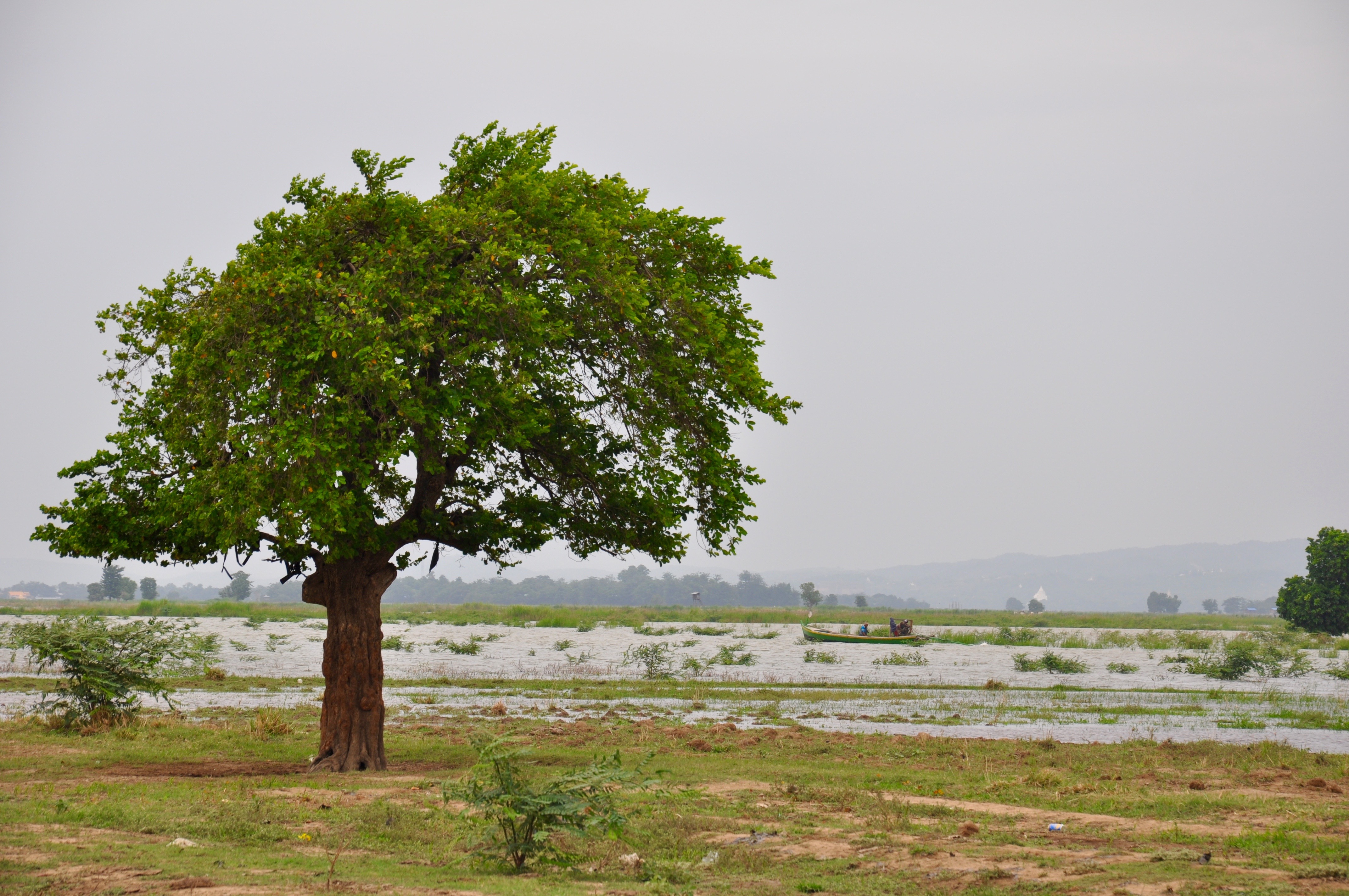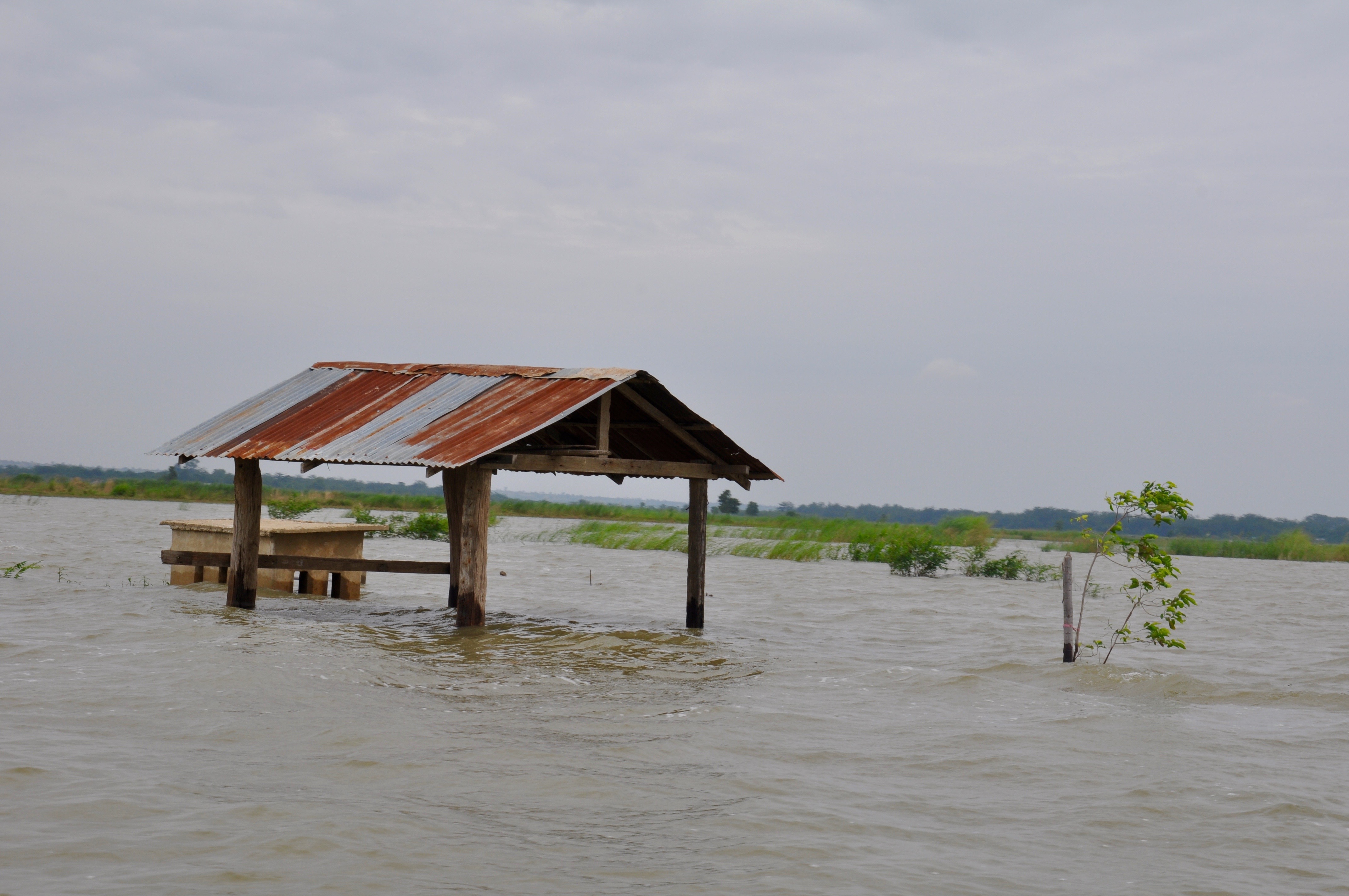Discussions and Explorations
My fifth week in Myanmar has been an interesting one – informative and humbling in equal parts.
Having recognized that my legal English students are making good progress with their listening and speaking skills, I’ve moved beyond the basic grammar and vocabulary exercises that filled our time during the first few weeks into more discussion-based lessons. My goal has been to get the students more comfortable writing and talking aloud, both in small groups and in front of the class, so I’ve centered each day around a particular theme that incorporates both old and new terminologies and activities. So far we’ve covered topics relating to criminal law and the justice system. Within a few days, I began to uncover many striking differences in my students’ attitudes toward law and order – differences that in many ways run along the fault lines of Myanmar’s opposing legal and political camps.
One of the most revealing conversations I had with my students, for instance, revolved around ranges of punishments for various crimes. I learned with some alarm that many of my students, particularly those at the Mandalay Law Firm, favored extremely heavy sentencing for crimes like blasphemy and illegal street performance while supporting the free practice of polygamy and the non-enforcement of seatbelt laws. The same group unanimously agreed, with no apparent hesitation, that Holocaust deniers should receive the death penalty. When I posed the same question to my other group at Bhamaso, they spent much more time reasoning about the potential impact of Holocaust denial at the individual and group level, agreeing with the first bunch that it should be a crime but ultimately settling on an official warning as the most suitable punishment. In contrast with the first group, they were more likely to put a high price on political crimes like bribery and the leaking of government secrets. For those who are familiar with the political scene in Myanmar, it will perhaps come as no surprise that the first group is aligned with the military-backed NSDP, while the second group is affiliated with pro-democracy activists at the NLD.

Because I’ve been increasing my number of classroom hours every week, I’ve had little time to explore any new tourist sites in the Mandalay region. I did, however, accept my driver’s invitation to visit his family’s village, which he described as “someplace foreigners never go.” Although I was initially excited to see the real Myanmar countryside – as opposed to the relatively good streets and neat roadside shanties one sees around Mandalay –, my excitement turned to sadness soon after we left the city. The bumpy paved road turned into gravel and then dirt, and eventually disappeared. We skidded through cow manure and became mired in mud more than a few times, and eventually discovered that we could no longer drive because the fields in front of us were flooded. After flagging down a fisherman in a longboat, we set off towards the other side of the water, only to find that our propeller kept getting caught in plastic bags and other trash under the water’s surface. Our journey, which should have taken about one hour, quickly turned into a nearly three-hour adventure.
As soon as we arrived, word spread that Maung Ye had brought an American to town, and neighbors began popping by to take a look at me. I was overwhelmed by everyone’s generosity; these people who had so little wanted to offer me their very best food, clothes, flowers, and even makeup. My heart sank as I noticed that many of the homes, including Maung Ye’s, lacked walls or roofs. Families sleep together on boards suspended above the ground, and the homes have neither electricity nor running water. Because monsoon rains have caused the Ayeyarwaddy River to flood in recent weeks, many homes near the riverbanks have been washed away. Farmers have been sacrificing their $3 per-day wage to help neighbors relocate, putting the needs of the community before their own. It’s a kind of generosity and selflessness I’ve only rarely seen, but it’s clear that self-preservation isn’t an individual process – here, it’s part of a communal struggle. The villagers told me that they can’t rely on the government for welfare benefits, food rations, or disaster relief, so they must depend upon each other for assistance in times of need. As a colleague of mine noted, it’s also a kind of insurance policy for the villagers; they help their neighbors with the understanding that those same people will help them whenever necessary.
Despite their daily struggle for subsistence, these Burmese villagers – and millions like them around the country – appear to be quite happy people. They complain little, work in the hot sun from sunrise to sundown, and are generous to a fault. Although there’s obviously suffering and anxiety under the surface, they don’t project it onto others. I admire them greatly, and I think we can learn a lot from their example.
